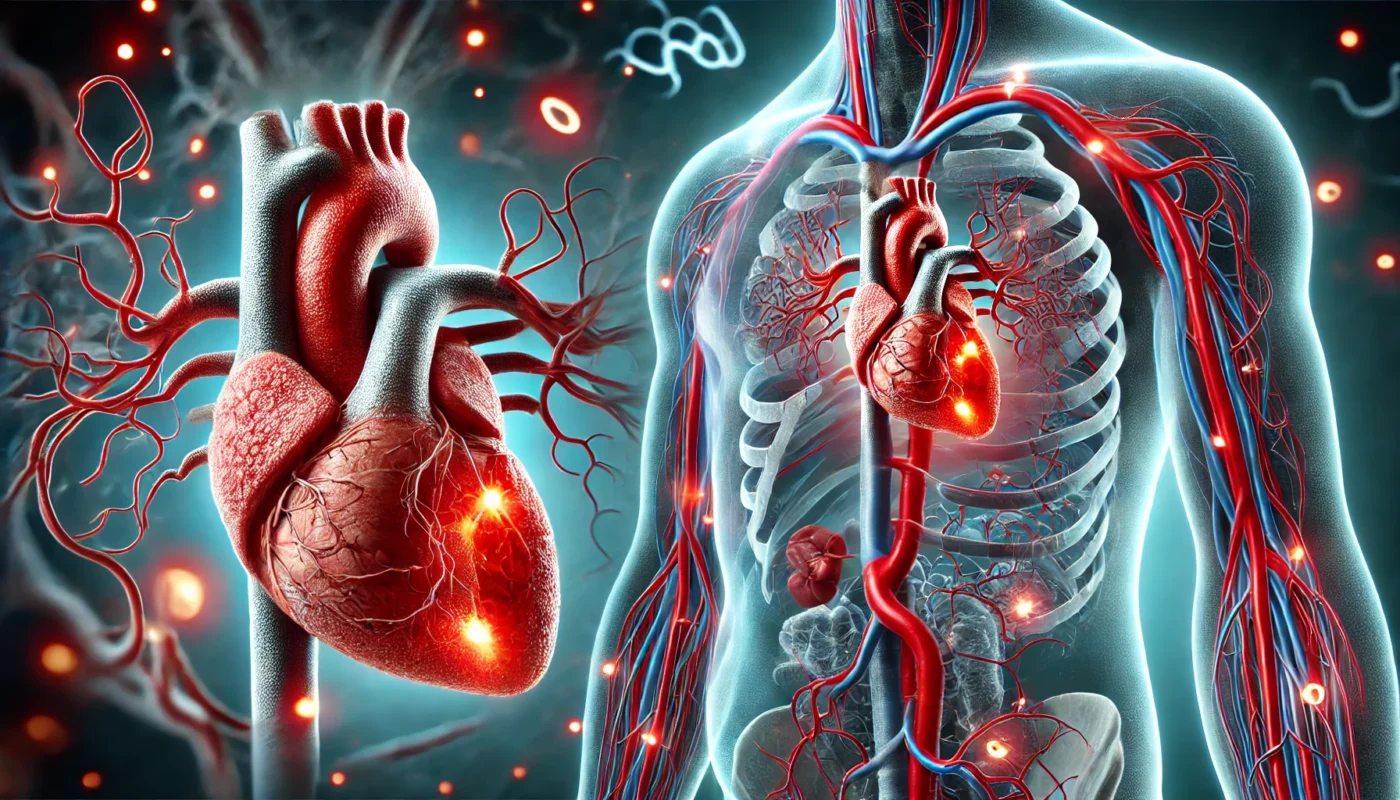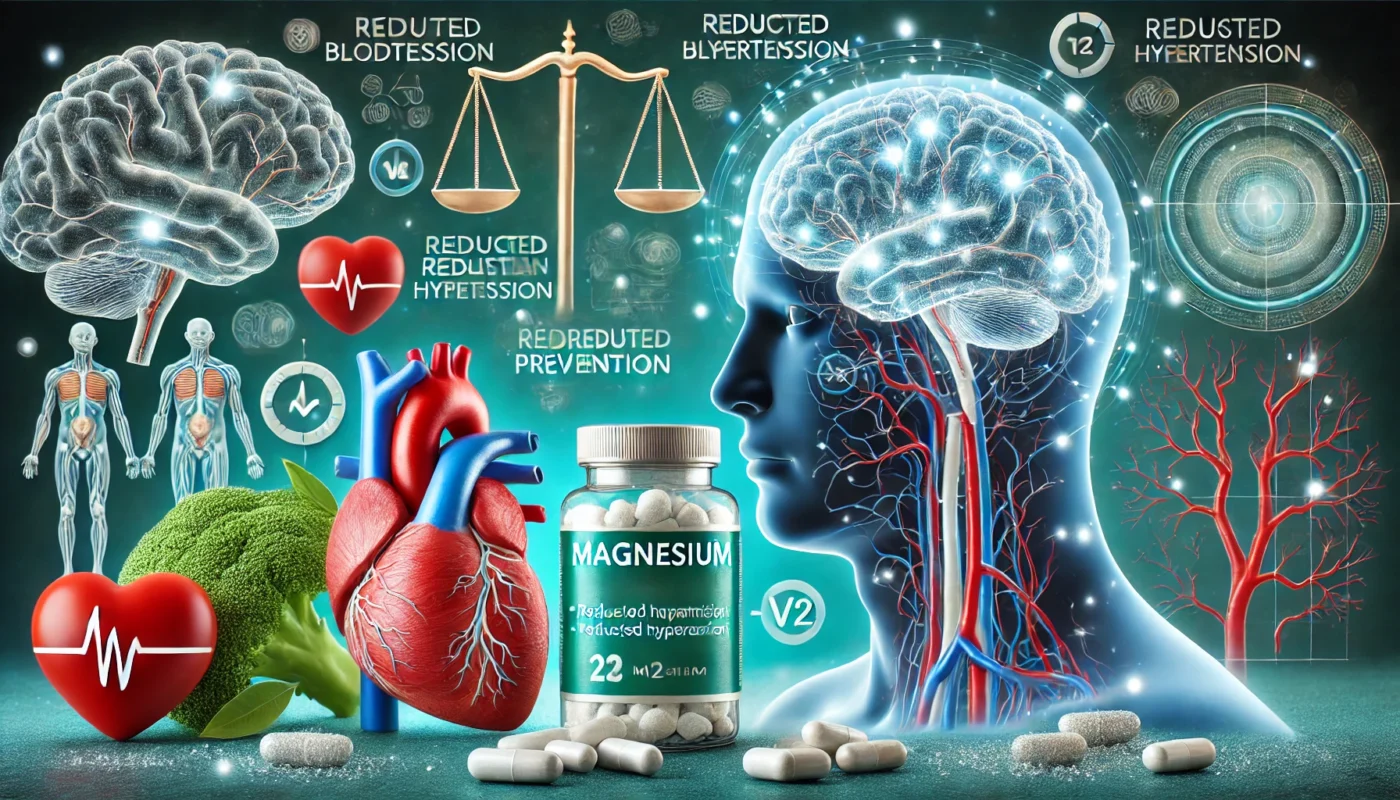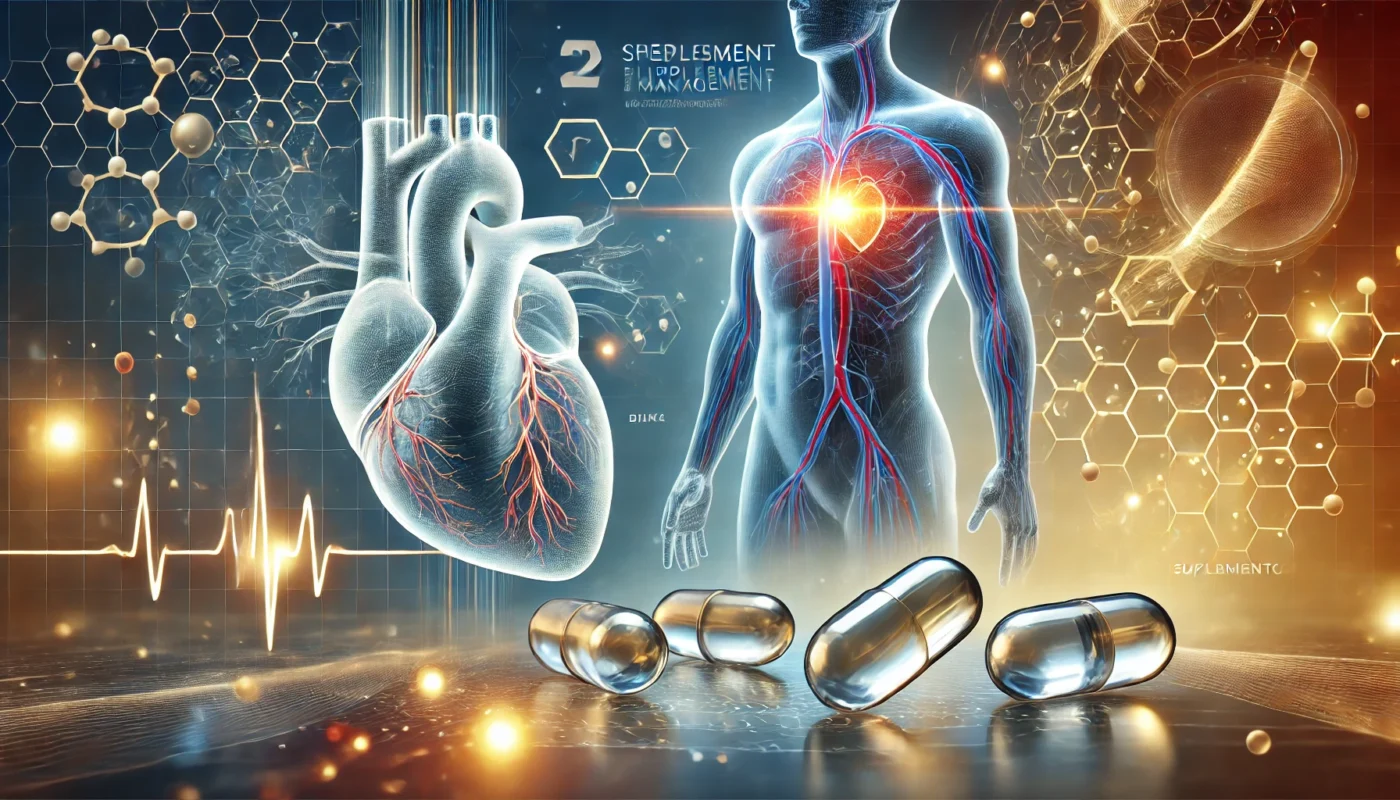When you think about mushrooms, you might picture them as a delicious addition to your favorite dishes. But did you know these fungi have been recognized for their medicinal properties for centuries? In recent years, scientific research has increasingly focused on their potential health benefits, particularly their anti-inflammatory properties. Let’s dive into the world of mushrooms and explore their ability to combat inflammation.
Tag Archives: Cardiovascular Health
Inflammation is a natural and essential process that helps the body heal and fight off infections. When an injury or pathogen triggers this response, the immune system releases various chemicals to protect the affected area. These chemicals increase blood flow, causing redness, warmth, and swelling. While acute inflammation is beneficial, chronic inflammation can be detrimental, leading to various health issues, including hypertension.
In an era where the medical community is continuously exploring alternative approaches to health, herbal pain relief stands out as a viable option for those seeking to manage pain naturally. With a rich history spanning centuries, herbal remedies have been used across various cultures to alleviate pain, boost health, and improve overall wellbeing. This article delves into the benefits of herbal pain relief, offering insights and practical advice for those interested in natural remedies for pain.
Both Tylenol and Ibuprofen serve as go-to options for many dealing with headache pain, but they work in fundamentally different ways and are suited for different types of headaches and health scenarios.
The Mediterranean diet is inspired by the traditional eating patterns of countries bordering the Mediterranean Sea, such as Greece, Italy, and Spain. It emphasizes whole, minimally processed foods, including plenty of fruits, vegetables, whole grains, nuts, seeds, and healthy fats—particularly olive oil. Moderate consumption of fish and seafood, dairy, poultry, and red wine is also encouraged, while red meat and sugar-laden foods are limited.
Inositol, often referred to as a member of the vitamin B complex, is a carbohydrate that occurs naturally in the human body and in various foods. Although it’s not technically a vitamin, due to the body’s ability to synthesize it, inositol plays a crucial role in a myriad of bodily functions, particularly in cell signaling and as a structural basis for secondary messengers.
In this article, we’ll delve into the science behind this connection, explore the role of Vitamin B12 in hormone regulation, and offer practical advice on how you might incorporate this knowledge into your health regimen. By gaining a deeper understanding of these interactions, you can make informed decisions about your dietary and lifestyle choices, which can positively impact your hormonal balance and overall health.
In the realm of heart health, triglycerides often steal the spotlight alongside cholesterol. While cholesterol is infamous for its role in heart disease, elevated triglycerides can also be a significant risk factor. Fortunately, nature provides us with a bountiful remedy—walnuts. This article delves into the properties of walnuts and their potential as a natural solution for managing triglyceride levels.
Stroke is a leading cause of death and disability worldwide, affecting over 12 million people annually, according to the World Stroke Organization. Preventing stroke involves managing risk factors like high blood pressure, diabetes, and inflammation. While lifestyle modifications such as exercise and a balanced diet play a critical role, researchers are increasingly exploring the role […]
Maintaining optimal cardiovascular health is a priority for millions worldwide. One of the critical markers of cardiovascular risk is elevated triglycerides, a type of fat found in the blood. Elevated triglycerides are linked to an increased risk of heart disease, metabolic syndrome, and other chronic conditions. While lifestyle modifications and medications play a vital role […]










